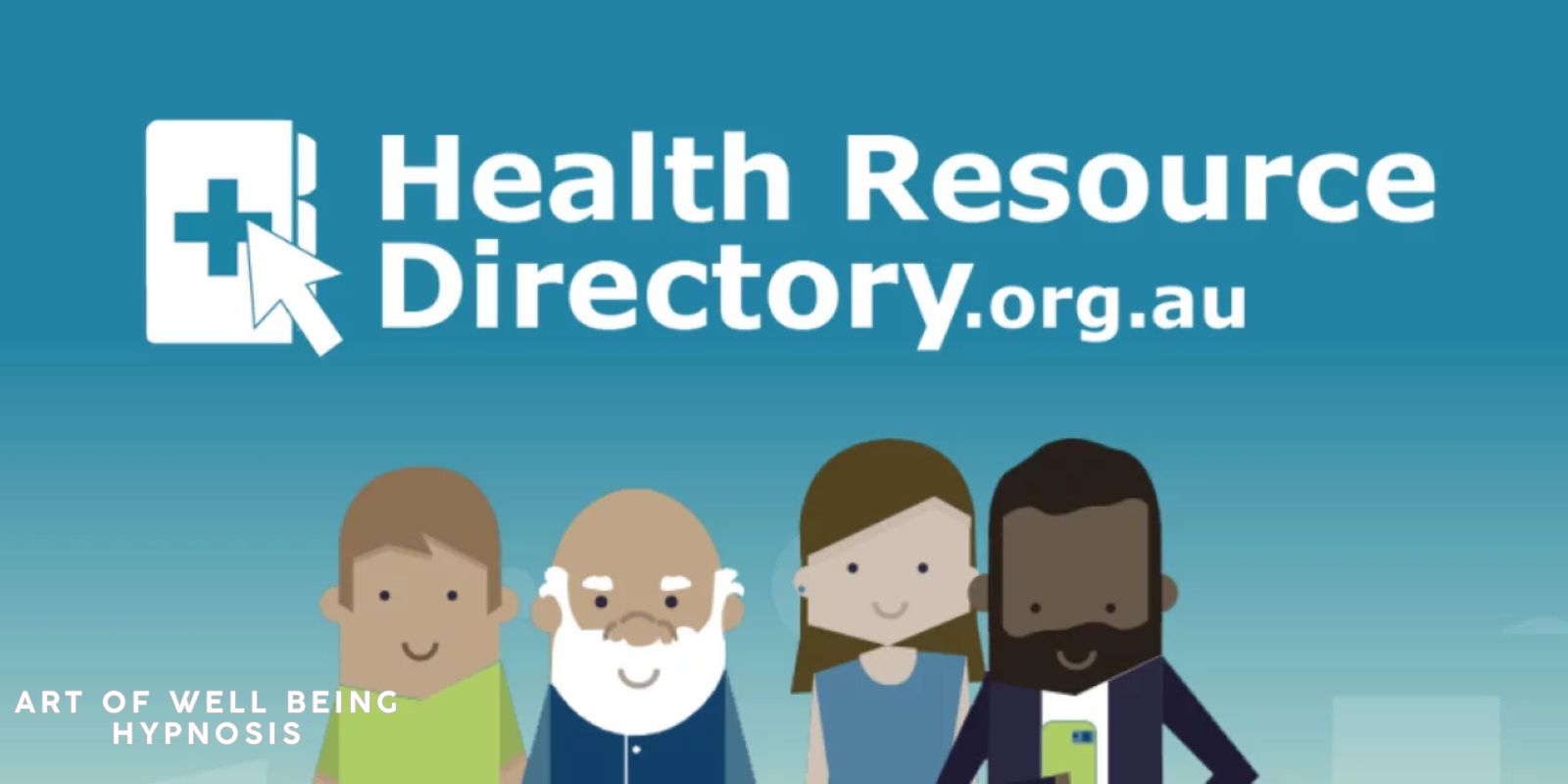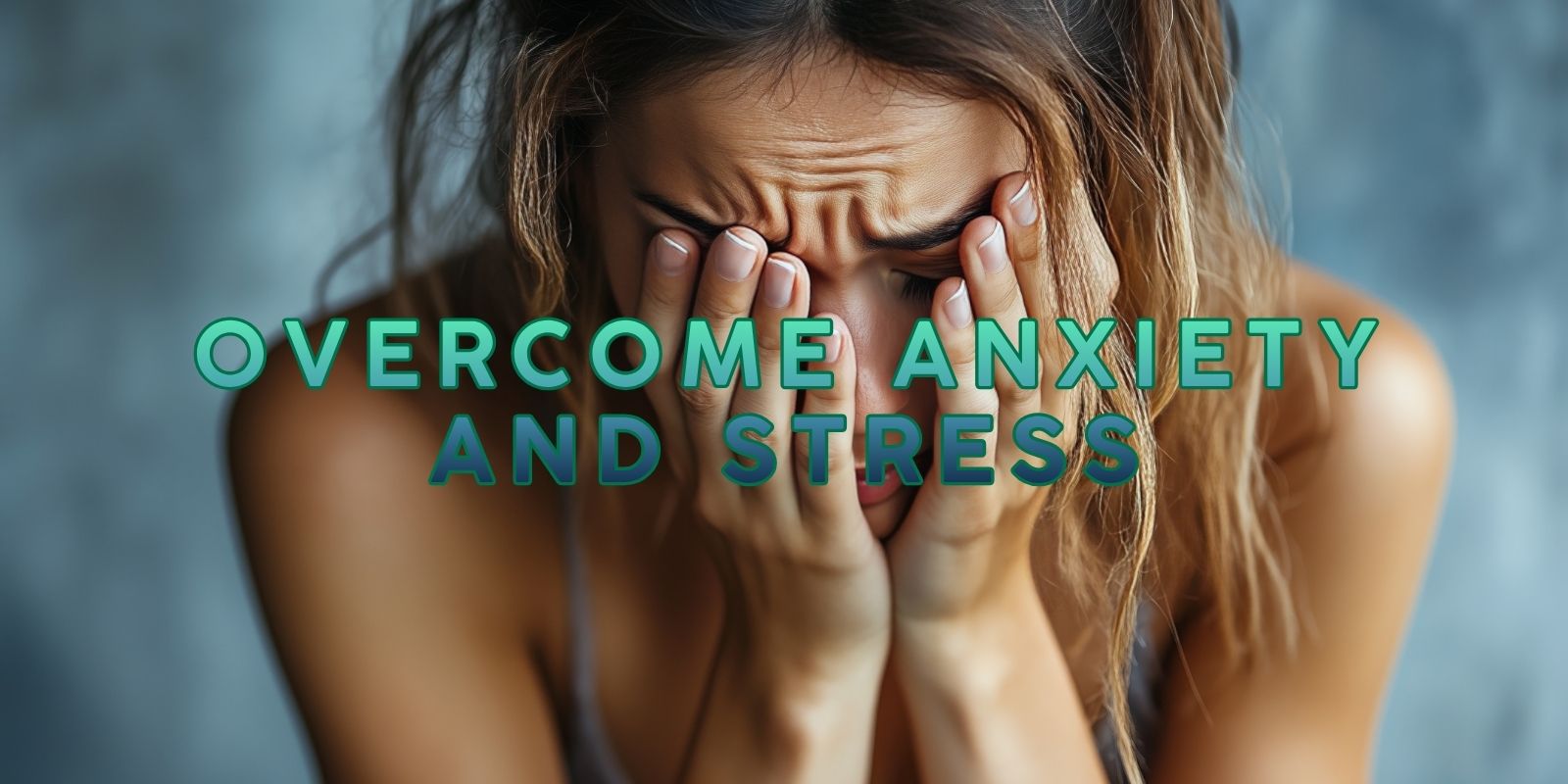Overcome Anxiety And Stress: A Gentle Clinical Hypnotherapy Guide
Overcome Anxiety And Stress: Anxiety and chronic stress can quietly steal life’s color, making simple tasks feel overwhelming and joy feel distant. Clinical hypnotherapy offers a compassionate pathway to shift the unseen patterns that keep worry alive, helping you access calm, clarity, and sustained change. This article walks you through what happens in therapy, immediate techniques you can use, longer-term transformation strategies, and complementary supports to build a resilient life.
Clinical hypnotherapy helps you access deep relaxation and the subconscious mind to reframe anxiety at its roots. Combined with simple daily practices and supportive care, it can reduce symptoms rapidly and create lasting change. Practical tools, safe guided sessions, and gentle integration work together to restore balance and confidence.
Table Of Contents – Overcome Anxiety And Stress
- Breaking Free From Daily Mental Burdens
- Understanding The Root Causes
- Creating A Safe Space For Transformation
- Immediate Relief Strategies
- Long-Term Transformation
- You Are Not Alone
- The Reality of Anxiety and Depression
- Finding Your Path Forward
- How to Use Hypnosis to Overcome Anxiety and Stress
- Other Methods to Overcome Anxiety and Stress
- Key Takeaways & FAQ

Breaking Free From Daily Mental Burdens
When anxiety becomes chronic, it quietly narrows your world: tasks that once felt manageable grow heavy, small joys recede, and decisions feel fraught. Clinical hypnotherapy offers a different route — not by forcing willpower, but by gently addressing the subconscious patterns that keep you stuck. This is work done in a safe, deeply relaxed state where the nervous system can finally learn a new default.
Rather than trying to wrestle the mind into calm, hypnotherapy helps the body remember relaxation. From this baseline, new cognitive and emotional responses can be trained more easily and with less resistance. Many people report rapid relief from physical symptoms — looser shoulders, easier breathing, and a lighter internal tone — even after a few sessions.
The approach is respectful of your experience. Rather than erasing memories or pretending hard things didn’t happen, the work often reframes their influence, helping the nervous system reinterpret past events so they no longer trigger the same automatic alarm responses. This is how lasting change begins: not by avoidance, but by re-patterning how the mind and body respond.
Understanding The Root Causes
Anxiety rarely arises from nowhere. Often, early life experiences wired the nervous system for vigilance, or repeated stressful encounters embedded habitual worry as a “default” strategy. Clinical hypnotherapy provides a controlled environment to gently explore those formative patterns, bringing awareness to hidden beliefs that drive present-day fear.
Exploration in hypnosis is typically paced and consent-driven, allowing memories and emotions to surface without overwhelming the person. When connections are made between past events and current reactions, clients often experience clarifying “aha” moments that free them from the mystery of why they respond as they do. Insight without re-traumatization is a core principle of the work.
Discovering these roots doesn’t mean becoming stuck in the past. Instead, it allows for compassionate correction: understanding how the brain learned to protect you, and then teaching it safer, more accurate ways to interpret threats. This is a fundamental step toward durable wellbeing.
Creating A Safe Space For Transformation
The therapeutic environment matters. Skilled facilitators shape a setting where relaxation is easy and trust is established quickly. Simple features — comfortable seating, soft lighting, minimal distraction — support the body’s ability to drop into parasympathetic activation, which is essential for hypnosis to be effective.
If you’re curious about hypnotherapy services or want to find a qualified practitioner, check reputable listings and service pages that outline credentials and approaches so you can choose someone aligned with your needs. A well-structured service page will describe training, treatment focus, and what a sample session looks like. Learn about appropriate hypnotherapy services.
Before any deep work begins, most clinicians take time to explain the process and set collaborative goals. Clear consent, pacing, and the option to pause give participants agency and safety, which paradoxically allows deeper access to material that previously felt too threatening. This safety-first approach prevents traumatization and supports positive neural rewiring.
Immediate Relief Strategies
When anxiety feels urgent, there are practical techniques that quickly reduce physiological arousal and restore clarity. These methods are not substitutes for deeper work, but they offer immediate relief so you can function and regroup. Hypnotherapy can teach personalized versions of these tools so they work more reliably under stress.
One powerful method is activating your natural relaxation response via coherence breathing. Slow, even inhales and exhales calm the vagus nerve and shift heart rate variability toward a calmer pattern. When practiced within sessions and reinforced as micro-practices, these breathing patterns become portable allies in stressful moments.
Another immediate tool is healthy dissociation — not avoidance, but a purposeful mental stepping back that allows observation rather than entanglement. Under hypnosis you can practice this stance safely, learning to “watch” anxious thoughts without being swept away. Finally, clinicians often teach compact anchors or visualizations that, once installed in the subconscious, trigger calm quickly when needed.
Long-Term Transformation – Overcome Anxiety And Stress
Short-term relief is vital, but lasting freedom usually requires deeper reprogramming of the stress response. Repeated therapeutic work in relaxed states helps the brain unlearn automatic fear patterns and adopt new, safer default reactions. This process is gradual but reliably effective when combined with integration practices between sessions.
Hypnotherapy excels at creating the conditions for effortless habit change. Because suggestions and new patterns are introduced while the mind is relaxed and less defended, clients often find healthy behaviors become the path of least resistance. For example, the body may naturally opt for restorative sleep, mindful movement, or nourishing foods without the usual inner battle.
Another crucial element of long-term change is building tolerance for uncertainty. Anxiety is often rooted in an intolerance for the unknown; hypnotherapy can help cultivate calm presence amidst unpredictability through exercises like future pacing and parts integration. This shifts identity from reactive to resilient over time.
You Are Not Alone: Phobias and Courage
Phobias are common and deeply disabling, yet they are entirely treatable. Whether it’s a spider phobia, a fear of flying, or public speaking dread, these reactions reflect nervous systems that mistakenly classify harmless situations as dangerous. Hypnotherapy provides a safe path to corrective exposure without the overwhelm that often accompanies traditional approaches.
Through carefully structured mental rehearsal and guided exposure while relaxed, the brain can update its threat map without the distress that strengthens avoidance. This method often leads to rapid reductions in fear and a renewed sense of agency. People report that mastering one phobia spills over into broader confidence across life domains.
Finding courage is rarely about brute force; it’s about reconditioning the heart and nervous system to meet challenges from a new baseline. Therapy that prioritizes safety, pacing, and empowerment makes this transformation sustainable and humane.
The Reality of Anxiety and Depression
Anxiety and depression are widespread and frequently overlapping conditions that affect millions. In Australia and globally, these conditions cause real suffering and functional impairment, not merely transient moodiness. Recognizing their prevalence helps reduce shame and encourages people to seek support rather than hide their struggles.
Warning signs include persistent sadness, changes in sleep or appetite, withdrawal from activities, or terrifying thoughts about self-harm. When these symptoms appear, timely professional assessment can be lifesaving. Overcome Anxiety And Stress: Integrative approaches that address both anxiety and depression together typically produce stronger outcomes than treating them in isolation.
Mental health is interconnected: emotional, physiological, and social systems all play a role. Clinical hypnotherapy can be one important pillar within a broader treatment plan, especially when coordinated with medical and psychological care for complex or severe presentations.
Finding Your Path Forward
Clinical hypnotherapy offers a uniquely gentle yet powerful approach to anxiety and stress. By working with the subconscious in a safe, guided way, people often experience significant shifts with less distress than repetitive talk therapy alone. Overcome Anxiety And Stress: When combined with lifestyle supports, this creates a robust foundation for wellbeing.
Start by exploring beginner-friendly resources that explain what hypnosis is and what it is not. Understanding the method reduces fear and helps set realistic expectations. If you’re curious about learning the basics yourself, a clear primer on hypnosis answers common questions and demystifies the process. Read a beginner’s guide to hypnosis to get grounded.
Also consider how hypnosis might integrate with broader health goals. Many clients use hypnotherapy to support fitness, sleep, and behavioral goals, making it a versatile tool within a holistic plan. For example, pairing hypnosis with movement and nutrition strategies can amplify results. Learn how hypnosis supports health and fitness.
How to Use Hypnosis to Overcome Anxiety and Stress
Using hypnosis effectively begins with finding a qualified practitioner who explains the process and tailors suggestions to your needs. Initial sessions usually include a consultation, relaxed induction, therapeutic work, and a careful return with integration suggestions. The exact format adapts to your responses and goals.
Between sessions, practice short self-hypnosis or breathing routines to reinforce progress. Overcome Anxiety And Stress: Many clinicians provide audio recordings of guided sessions so you can repeat core exercises at home. These daily micro-practices are what convert brief session gains into lasting neural rewiring.
When considering virtual sessions, prepare a quiet, private space with reliable internet, comfortable seating, and minimal interruptions. Clear communication with your facilitator about safety plans and boundaries ensures the experience remains grounded and effective, even online.
Other Methods to Overcome Anxiety and Stress
Hypnotherapy works best as part of a broader toolkit. Group therapy reduces isolation and normalizes experience, offering fellowship and practical strategies in a shared setting. Working with a psychologist provides structured cognitive tools for thought reframing, while psychiatric input may be necessary when medication support is indicated.
Mindfulness and meditation build moment-to-moment awareness that interrupts anxious spirals, and regular physical exercise acts as a natural anxiety medicine by releasing mood-supporting biochemicals and improving sleep. Overcome Anxiety And Stress: Nutrition and sleep hygiene are foundational; stabilizing blood sugar and moderating stimulants can significantly ease baseline anxiety.
Finally, environmental and lifestyle adjustments — reducing clutter, managing technology use, and building predictable routines — supply your nervous system with regular recovery time. Taking the first step to seek help is often the bravest and most consequential action; it opens the door to sustainable change.
Key Takeaways
- Clinical hypnotherapy accesses deep relaxation and subconscious patterns to reduce anxiety at its source.
- Short-term tools (breath, anchors, dissociation) provide immediate relief while deeper work builds resilience.
- Integration between sessions — through self-hypnosis and daily micro-practices — converts insight into habit.
- Hypnotherapy complements other evidence-based approaches like CBT, medication, and lifestyle change.
- Seeking help early and choosing qualified practitioners increases safety and improves outcomes.

Frequently Asked Questions – Overcome Anxiety And Stress
Is hypnotherapy safe for anxiety?
Yes—when provided by a trained, ethical practitioner, hypnotherapy is generally safe for most people and can be a gentle way to access regulation and insight. People with a history of psychosis or certain severe mental health conditions should consult their medical provider before starting deep trance work.
How quickly will I feel better after hypnotherapy?
Some clients experience immediate symptom relief after the first session, particularly for physical tension and sleep, while more complex patterns typically shift over several sessions combined with self-practice. Progress varies by individual and the nature of the issues addressed.
Can I be forced to do something under hypnosis?
No—therapeutic hypnosis requires consent and cooperation. You remain aware and in control throughout, and suggestions that conflict with your values will be rejected by your subconscious. A reputable clinician will explain this clearly during your first consultation.
How does hypnotherapy compare with CBT or medication?
Hypnotherapy addresses subconscious patterns and can quickly alter embodied responses, while CBT targets conscious thought patterns and behavioral strategies. Medication can provide biological stabilization when needed. Often, combining approaches yields the best results.
Where can I find reliable information about anxiety and treatment?
Authoritative health resources explain anxiety disorders, symptoms, and treatment options in accessible language; two helpful overviews include articles on general anxiety and practical relief strategies. For a practical list of ways to relieve stress and anxiety, see reputable health guides online. Healthline’s stress relief guide and the Cleveland Clinic’s overview of anxiety disorders offer clear, evidence-informed information. Cleveland Clinic: Anxiety Disorders.
Stepping Forward with Compassion
Overcome Anxiety And Stress: Recovering from anxiety is rarely a straight line, but it is possible with the right supports. Clinical hypnotherapy offers a respectful, effective path that meets your nervous system where it is and helps it learn safer, calmer responses. Paired with practical lifestyle changes and professional guidance, it becomes a powerful ally on the road to sustained wellbeing.
If you’re ready to take the next step, look for accredited clinicians, explore beginner resources to demystify hypnosis, and give yourself permission to ask for help. Small, consistent steps lead to real change — and you don’t have to walk the path alone.
